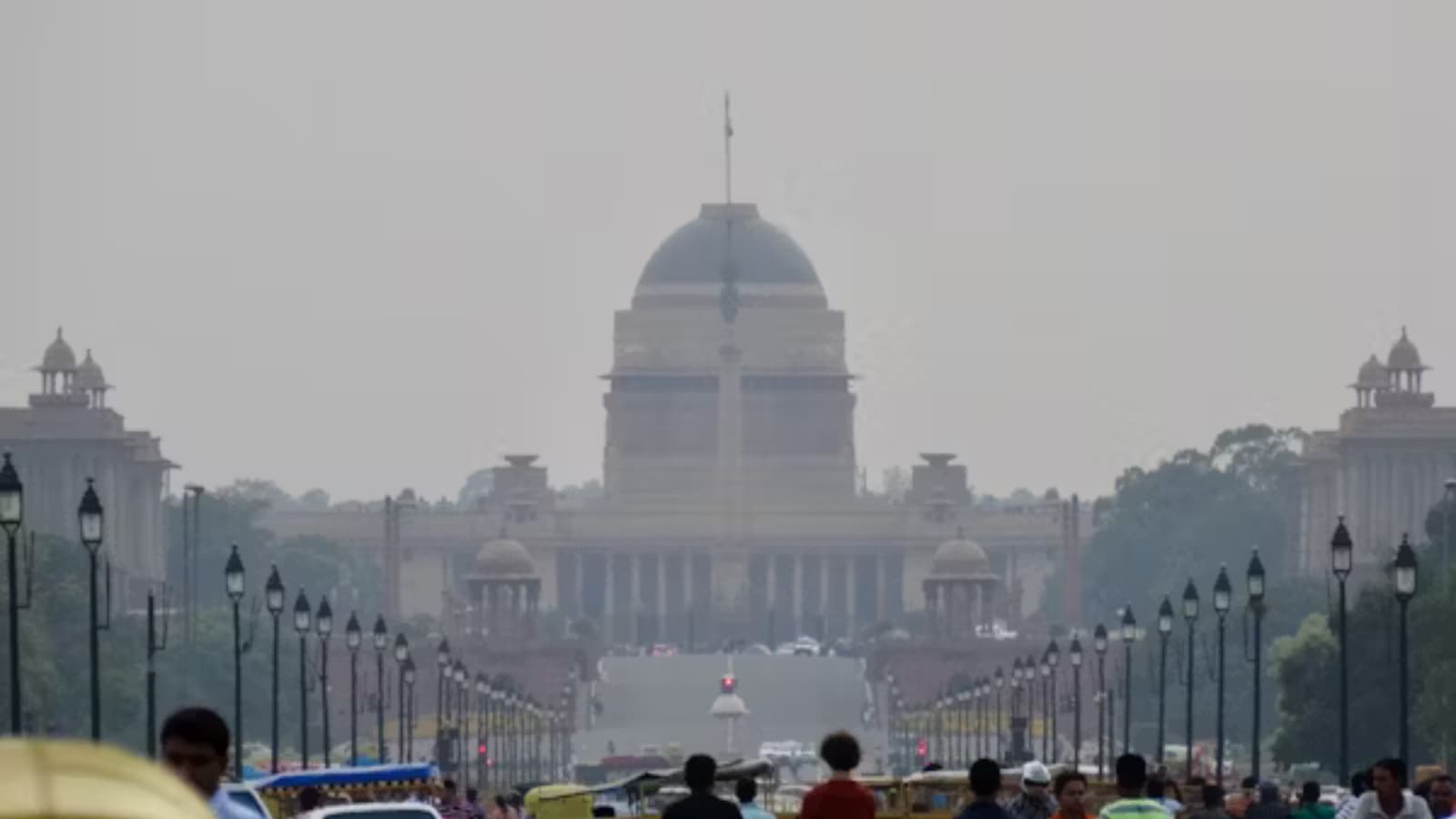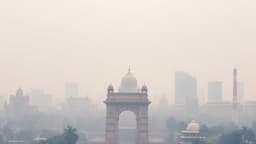Home / Environment / Delhi's Cloud Seeding Experiment Fails to Bring Relief from Toxic Haze
Delhi's Cloud Seeding Experiment Fails to Bring Relief from Toxic Haze
29 Oct
Summary
- Delhi's cloud seeding experiment on October 28, 2025 failed to produce desired rainfall
- Pollution problem cannot be dispersed with one-off, high-visibility interventions
- Comprehensive, long-term solutions required to address Delhi's systemic air pollution

On October 28, 2025, Delhi's much-anticipated cloud seeding experiment failed to produce the desired rainfall, dashing hopes of temporarily washing away the city's toxic haze. While disappointing, this outcome does not come as a surprise to environmental scientists, who have long maintained that the capital's pollution problem cannot be dispersed with one-off, high-visibility interventions.
Each year, as autumn fades into winter, Delhi's skyline turns into a haze of toxic grey, with air quality indices breaching hazardous levels. In response, the city has experimented with various emergency measures, from smog towers and anti-smog guns to odd-even vehicle schemes and now artificial rain. However, experts argue that these short-term "fixes" often divert attention and resources from the comprehensive, long-term action that is truly required.
Air pollution in Delhi is a systemic issue, deeply tied to the city's patterns of energy use, transport systems, waste management, and agricultural practices. Tackling this crisis will necessitate effective implementation of existing plans, such as strict enforcement of emission norms, transition to cleaner fuels and technologies, improved public transport, and better coordination between Delhi and its neighboring states on issues like crop residue burning.
Unless these long-term, science-based, and regionally coordinated solutions are pursued with urgency and accountability, even the best scientific innovations will have limited impact. Clean air must be pursued not as an emergency response, but as a sustained right for the people of Delhi.




